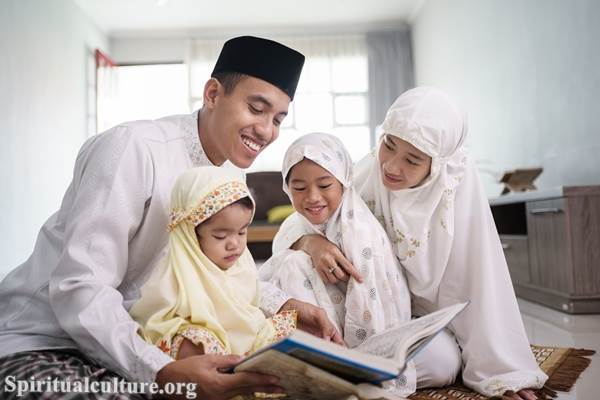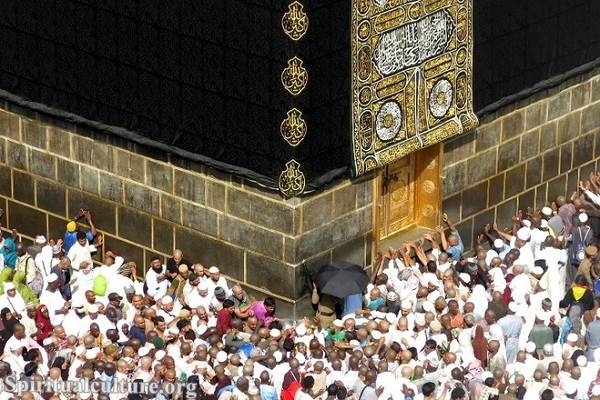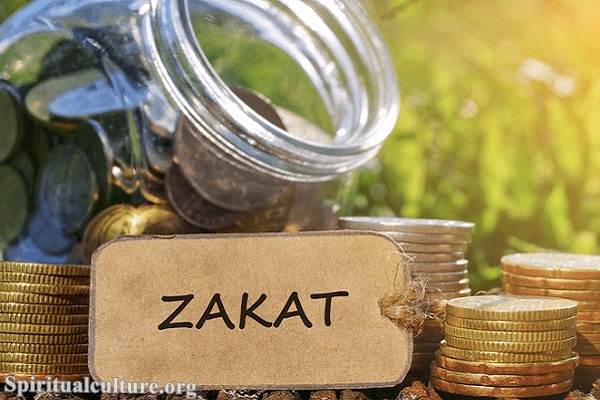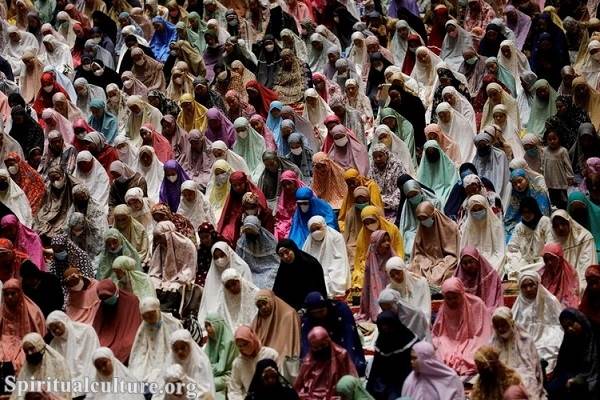Migration is often seen through the lens of survival, ambition, or necessity. Yet within the sacred story of the Hijrah, migration is revealed as something far more profound: an act of deep spiritual significance. It is a journey not merely of bodies across land, but of souls toward God.
Today, Spiritual Culture invites you to walk alongside the Prophet Muhammad (peace be upon him) and the first Muslim community, tracing the footsteps of a sacred migration that changed the course of history. Together, we will explore why the Hijrah matters not only as a historical event, but as a timeless call to transformation in every human heart.
The Historical Context of the Hijrah
When Islam first emerged in the 7th century, the Prophet Muhammad’s message of monotheism disrupted the social and religious fabric of Mecca. The early Muslims faced fierce persecution, social ostracization, and economic boycotts. It was in this atmosphere of increasing hostility that the command for migration came.
The Command to Leave
In the Quran, Allah reassures those facing oppression:
“Indeed, those whom the angels take in death while wronging themselves – the angels will say, ‘In what condition were you?’ They will say, ‘We were oppressed in the land.’ The angels will say, ‘Was not the earth of Allah spacious [enough] for you to emigrate therein?'” (Quran 4:97)
Migration was not merely permitted—it was a duty when faith was imperiled.
Seeking Sanctuary in Medina
The city of Yathrib (later named Medina) offered the Muslims a refuge. The people of Medina, inspired by Muhammad’s message, pledged their support in the historic Pledges of Aqabah. The migration thus began, one family at a time, quietly slipping out of Mecca under the cover of night.
Hijrah as a Spiritual Paradigm
The Hijrah is not just a physical movement. It is a profound spiritual metaphor for the journey every soul must take—leaving behind all that distances one from God.
Detachment from the World
The migrants had to leave behind homes, wealth, families, and familiar comforts. It echoes the teaching:
“Whoever emigrates for the sake of Allah will find much refuge and abundance in the earth.” (Quran 4:100)
This teaches us that true migration is an act of detachment—not from responsibilities, but from anything that eclipses the soul’s devotion to the Divine.
Faith Over Fear
Every step the Muslims took toward Medina was a step into the unknown. Trust replaced certainty. Faith replaced fear. The Hijrah reminds us that sometimes, walking toward God’s promise means stepping into uncertainty, leaning wholly on divine provision.
The Hijrah and the Birth of a New Community
The Hijrah was not only about individual survival. It laid the foundation for the first truly Islamic society.
Brotherhood Over Bloodlines
In Medina, the Prophet Muhammad established a bond of brotherhood (“mu’akhah”) between the emigrants (Muhajirun) and the helpers (Ansar). This transcended tribal loyalties and blood ties, uniting the community under the banner of faith.
Justice and Mutual Responsibility
One of the Prophet’s first actions in Medina was drafting the “Constitution of Medina,” a pioneering document that affirmed the rights and responsibilities of all citizens, including Jews and other non-Muslims. It reflected the sacred ideal that migration should lead to justice, not conquest.
Hijrah in the Heart: An Ongoing Call
Although the historical Hijrah ended when the Muslims were safe and strong, its spiritual meaning endures.
The Inner Migration
The Prophet Muhammad said:
“The (real) emigrant is the one who forsakes what Allah has forbidden.” (Sahih Bukhari 10)
Thus, every believer is called to a personal Hijrah—a movement away from sin, injustice, and heedlessness, toward a life illuminated by truth and compassion.
A Daily Renewal
Hijrah is not a one-time event. It is a daily renewal: choosing mercy over anger, forgiveness over resentment, and faith over despair.
Modern Echoes
Today, millions are forced to migrate—due to war, oppression, or poverty. The Hijrah calls us to see these migrations not only as political crises but as human journeys laden with sacred dignity. As the Quran reminds us:
“And whoever emigrates for the cause of Allah will find on the earth many alternative locations and abundance.” (Quran 4:100)
Thus, migration, when driven by the yearning for justice, safety, and freedom, bears a sacred stamp.
Sacred Lessons from the Prophet’s Journey
The Hijrah offers enduring lessons for every seeker and every society.
Courage Rooted in Trust
The Prophet and his companion Abu Bakr trusted in God’s protection even when hiding in a cave, with their enemies so close that Abu Bakr feared discovery. The Prophet calmly reassured him:
“Do not grieve; indeed Allah is with us.” (Quran 9:40)
This teaches us that true courage is not the absence of fear, but the certainty of divine companionship.
Vision Beyond the Immediate
Even before reaching Medina, the Prophet Muhammad envisioned a global future for his message. During the Hijrah, he prophesied the conquest of distant empires, showing that sacred journeys are propelled not just by escape but by expansive hope.
Mercy Toward All
Throughout the Hijrah, despite the persecution he had faced, Muhammad never responded with bitterness. The migration was not fueled by vengeance but by the desire to build a society rooted in mercy, justice, and peace.
Reflect and Reimagine
The Hijrah is not merely history—it is a living call.
It asks us: What attachments do we need to leave behind to journey closer to the Divine? What new “Medinas” — communities of justice and compassion — are we being called to help build?
Each of us is a migrant on the path of life. We may not cross deserts, but we cross moments of decision every day: to choose faith over fear, service over selfishness, hope over despair.
May we, like the first migrants, be courageous, compassionate, and steadfast. May we, through every inner Hijrah, journey closer to the heart of the Divine.
Spiritual Culture invites you to reflect: What is your Hijrah today?




